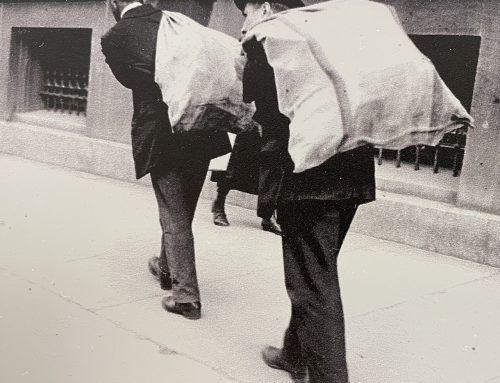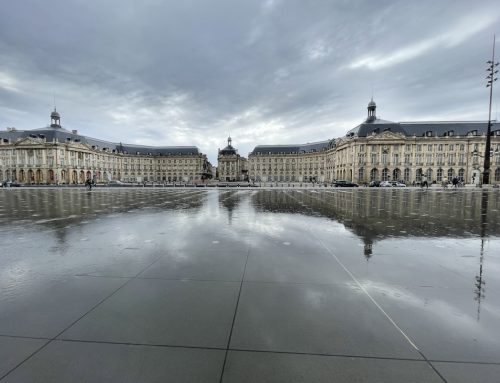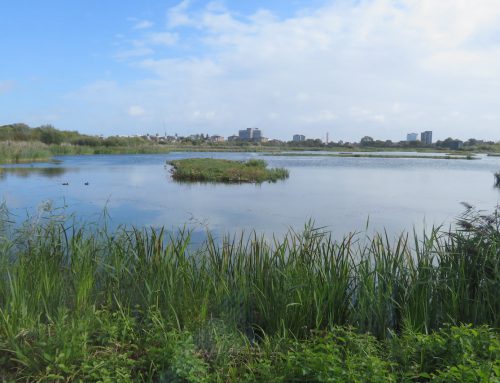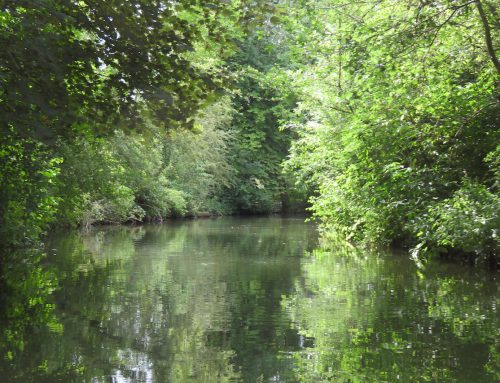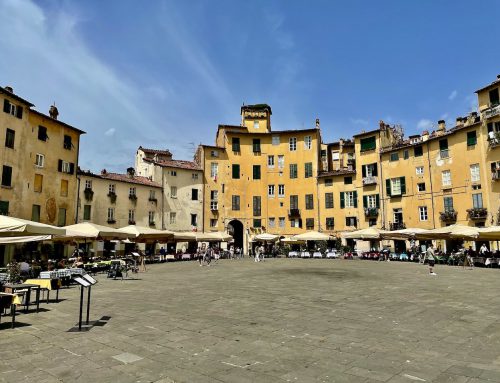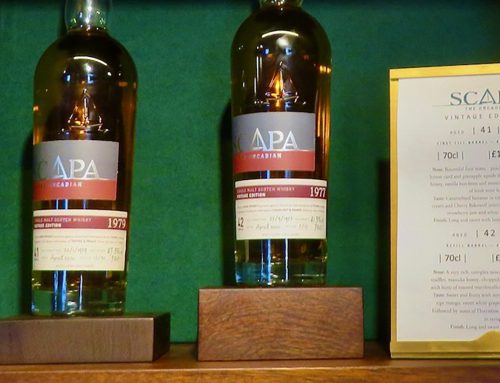Kalashnikovs and coffee machines
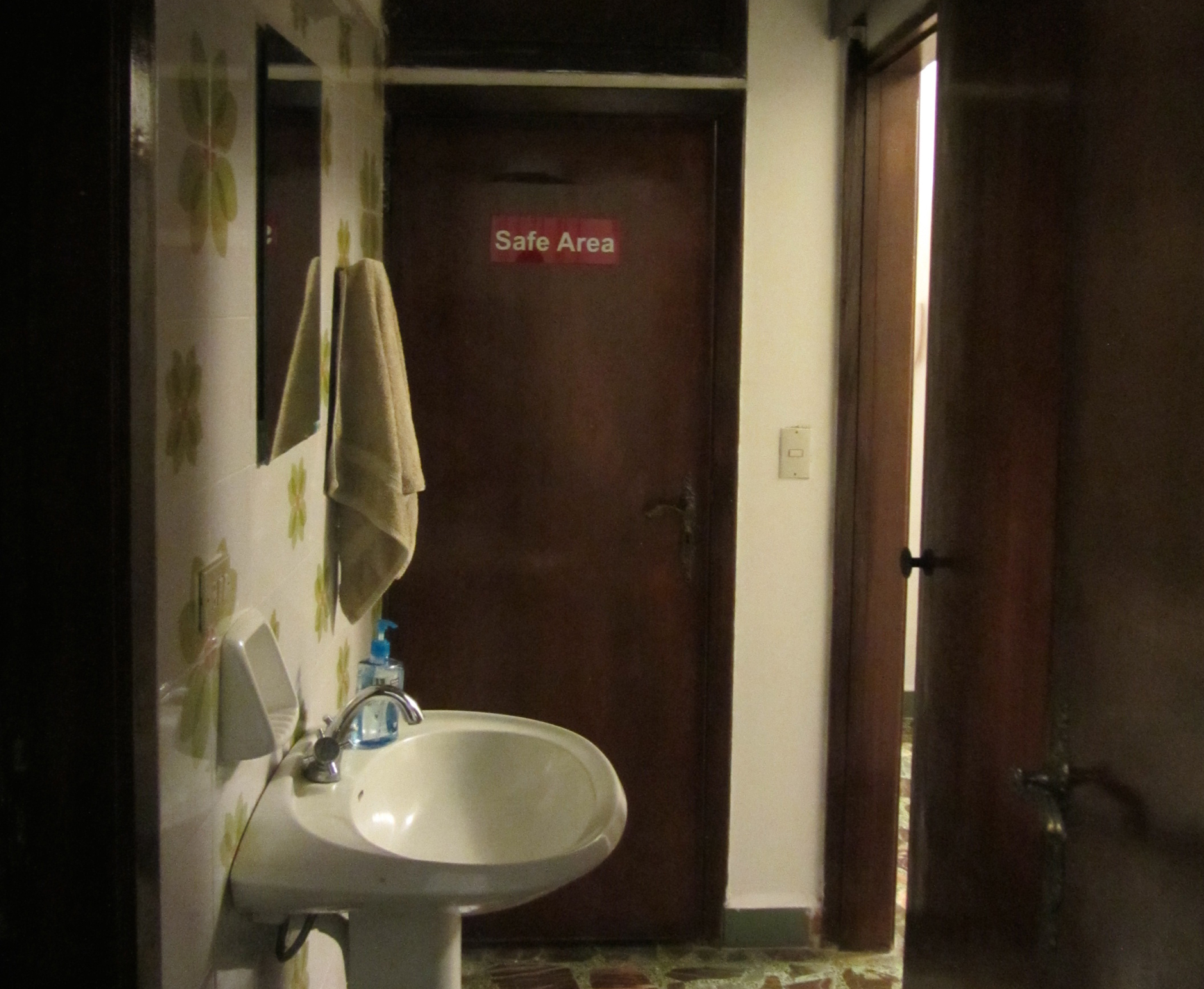
Safe Area (not for claustrophobes)

Safe Area (not for claustrophobes)
Tripoli, Lebanon
We have a Safe Area in our apartment, a place you are meant to run when the proverbial hits the fan. I presume that is when you lock the door, close your eyes and pray the baddies do not find you. It is certainly a daily reminder that however blue the skies outside, however broad the locals’ smiles, for any humanitarian worker there remains a permanent threat and risk. The figures are quite daunting. In the last decade, the risk of injury or kidnap to humanitarian staff has increased tenfold. Sadly, red crosses do not carry quite the same protection as they once did.
Few have a chance to learn how they might react should the baddies grab them until the event actually occurs. You can train for the day, you can go on endless courses, read a ton of books, but the effect of shock and awe, learning how you will behave when you are really up against it, is something that we may talk about but secretly pray will never be tested. I put a question to my Red Cross colleagues today, hypothetical of course.
“Imagine,” I said, ‘that when you stepped outside your accommodation this morning to start your journey to work, instead of a gleaming white minibus, there stood an armed man in full black balaclava surrounded by a few of his mates.”
Instantly this question grabbed their attention. Most knew of others where exactly this event had occurred. It is a happening that we pretend cannot happen, when actually it might. We also convince ourselves we would be massive heroes when many of us would undoubtedly be whimpering in a corner.
I continued. “Tell me,” I encouraged, “what is the one item you would grab as they dragged you from the door? The one item you treasure the most and cannot imagine life without? Remember, you could be locked away forever.”
This, I suppose, is a Desert Island Discs type of query, that programme of music selection where the interviewee is asked a similar question about being stranded on a desert island for the rest of time.
“That’s easy,” came the first, instant reply. “My glasses.” I had not thought of those but, now that I do, I realise how indispensable my own cheap-and-nasty reading specs have become. Good idea, especially when balanced against my own selection – a torch. Can you really imagine a life without light? I cannot, especially as only this morning I smacked my head against the corner of a door in the early hours, as I was negotiating a bathroom in the middle of a power cut.
One colleague felt that life without music would be more than he could handle, so the balaclava-clad baddies would be asked to allow his music system through. Not a bad choice, I thought, although suspected that the fundamentalist to blame might be easily upset by his captive’s choice of music. No way would I wish to distress the baddies and will stick to my torch.
In keeping with our technohumanitarian age, the commonest item suggested was the mobile telephone. How dependent on these little things we have become. So for three of our number, and it was not gender dependent, as they were being dragged screaming by their hair to the Mercedes with the reflective windows, in their hand would be a smartphone on which so much of their life depends. Another went more upmarket and chose a tablet computer and one, without hesitation, said a full computer would be their choice. I sympathise with that as whenever my own computer crashes, fortunately a rare event, I see my life collapsing before me, so maybe my choice of torch was insufficiently ambitious.
One was enormously sensible and said they would bring their identification card, the so-called “ID”. That was obviously the correct, official decision but all I could see was a Red Cross ID card being shredded by a baddie with zero belief in neutrality. It also made me panic, as I could not remember when I had last seen my own ID card anyway. I stayed silent at that point, in case someone asked me to produce evidence that I was meant to be there at all.
The ID recommendation was almost as sensible as the suggestion by another that water would be their one choice. “You cannot live without it, can you?” they declared. That is true. Water is one of life’s essentials, as are food, whisky and sex.
But another, manifestly overwhelmed by the idea of liquid intake, was instantly clear that their favoured choice would be their coffee machine. This could obviously be dragged clunking into the Mercedes – I can hear the screech of metal on pavement as I write - and thrown into the car boot alongside its beaten and handcuffed owner. After all, even a balaclava-clad baddie may well drink coffee. Now there is a real business opportunity – Barista to the Baddies – yes, I must give that a thought.
After all, when it came to the choice of who might be next to wear the orange jump suit, head bowed, video running, the humanitarian barista might just be let off. Lives have been won and lost on far less than the ability to make a decent cup of coffee. So definitely the coffee machine seemed an excellent choice of survival tool. In fact, to this individual coffee was so important that when posted to Southern Sudan, not a million years ago, the coffee machine made up the bulk of the paltry fifteen-kilogram weight allowance all aid workers were permitted. “I can wash my clothes over and over again,” they said, “but there is only one coffee machine.”
But the prize? I reckon I give it to one of my grey-bearded, cartoon-hatted, steely-eyed colleagues, the one who is a brilliant photographer. He did not hesitate. “But a Kalashnikov,” he responded without a millisecond’s hesitation, exaggerated by the tiniest of shrugs. “What use is there for anything else?” He had a point.

